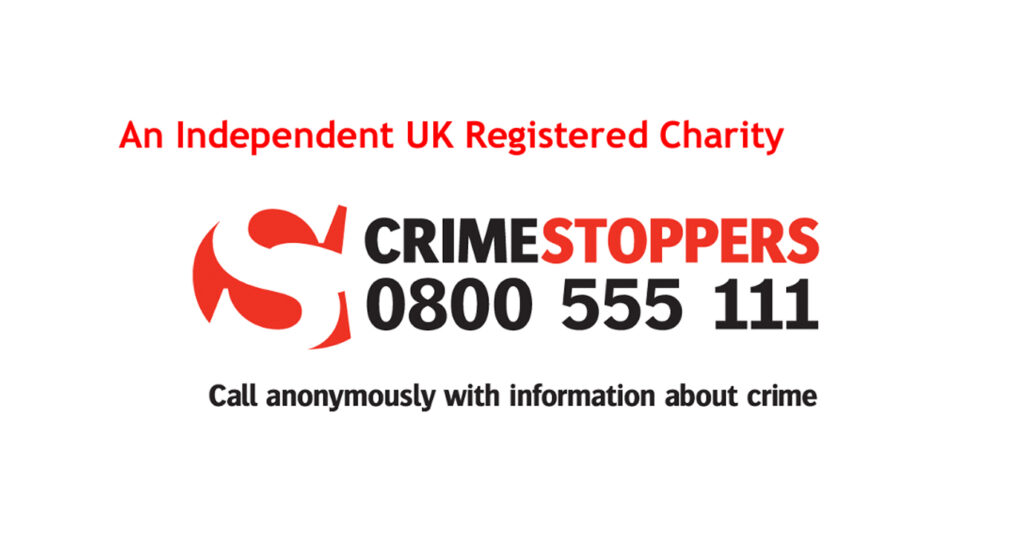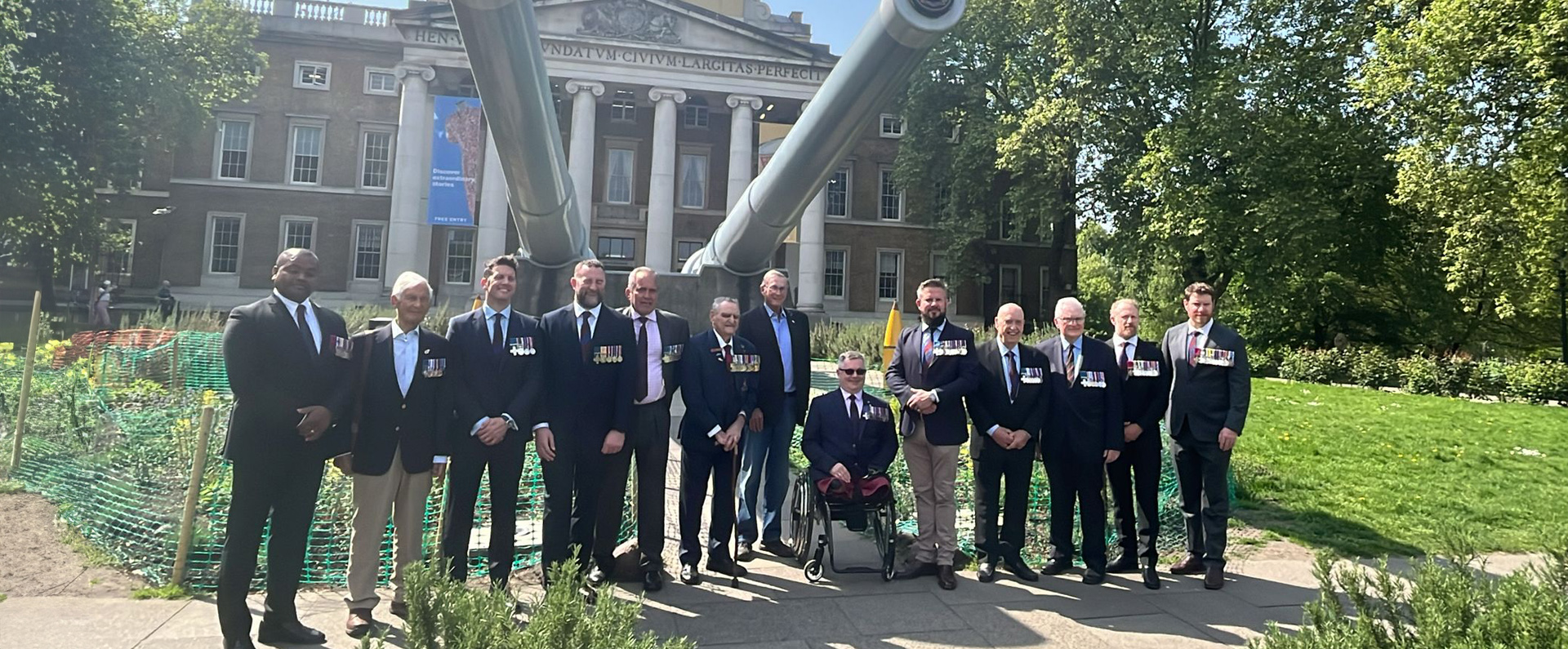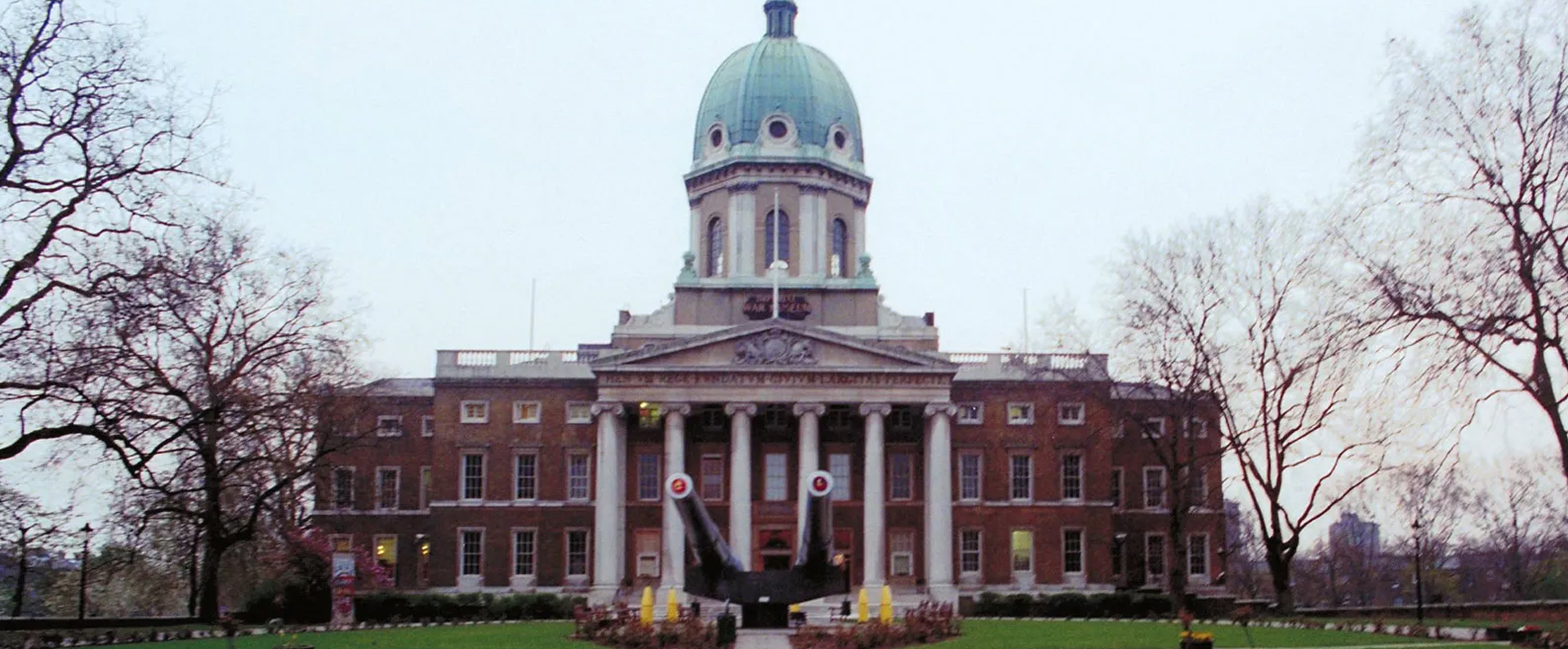
As the 25th anniversary nears of the founding of Crimestoppers, I am in Cyprus today to launch an exciting new project.
Called Operation Zygos, it is our first fugitives’ campaign on the island and its objective is simple: to locate and apprehend nine suspected criminals who are thought to be in hiding in Cyprus. It is regrettable that a minority of suspected criminals from the UK see Cyprus as a safe place to keep a low profile and evade law enforcement. However, I believe that, with the support of the locals and expatriates living on the island, we can and will bring these individuals to justice.
As part of its latest project, Crimestoppers will again work alongside the Serious Organised Crime Agency (SOCA) and – for the first time – the Cyprus Police (CYPOL) to try to catch the suspects. I founded Crimestoppers in 1988 as a three-way partnership between the business community, the police and the media. Businesses put up money to finance the scheme, the police are willing to act on information from the public and the media highlights the charity’s work.
Since Crimestoppers began, it has received over a million actionable calls, resulting in more than 115,000 arrests and charges. More than £123million worth of stolen goods has been recovered and more than £232million worth of drugs has been seized. Often the publicity generated from a Crimestoppers’ campaign is enough to make some wanted suspects hand themselves in before any information is received. This highlights just how effective the public, working in conjunction with Crimestoppers, can be in fighting crime.
Operation Zygos is the third fugitives’ campaign to be launched by Crimestoppers and SOCA, with similar, successful campaigns in Spain and the Netherlands. Operation Captura, a campaign running in Spain for the last six years, has seen tremendous success, with 49 wanted suspects located and arrested out of 65 appeals. As a result of quality information, we have been able to provide support to police authorities in Spain and have fugitives brought back to the UK for justice. Some of these have been caught in other countries, which highlights the clear message that there is nowhere to hide.
The public response to this campaign has been overwhelming, and my hope is that it will be much the same here in Cyprus. Crimestoppers and SOCA will work closely with the British High Commission in Nicosia and with British and Cypriot law enforcement agencies. Today’s campaign highlights appeals for information on criminals who have had European Arrest Warrants (EAWs) issued against them. Information given to Crimestoppers can help locate these criminals so that arrests can be carried out by the Cypriot police.
The individuals featured today all have one thing in common – they think they can evade the UK justice system by taking refuge in Cyprus. However, I believe the people of Cyprus are a tight-knit community and its residents will want to see those who have committed crimes punished for their actions. There is, after all, a fair chance that these suspected criminals have not “retired”: they are likely still to be active law-breakers and they can still cause harm.
I am convinced that Operation Zygos will prove to be another example of the continuing impact that Crimestoppers is having abroad. I urge you to visit the Crimestoppers’ website on www.crimestoppers.org.cy to find out more information about those being sought. The suspects are wanted for crimes including sexual offences, high-value drug offences and fraud.
If you, or anyone you know, has information about any of the criminals featured in our appeal today, contact Crimestoppers on
0800 555 111 (or 8000 55 11 from Cyprus). Alternatively, fill out the anonymous online form available through the website: www.crimestoppers-uk.org.
Crimestoppers is an independent charity and not part of the police service: the anonymity of every individual providing information is guaranteed and he, or she, will not have to give a statement to the police or go to court.



